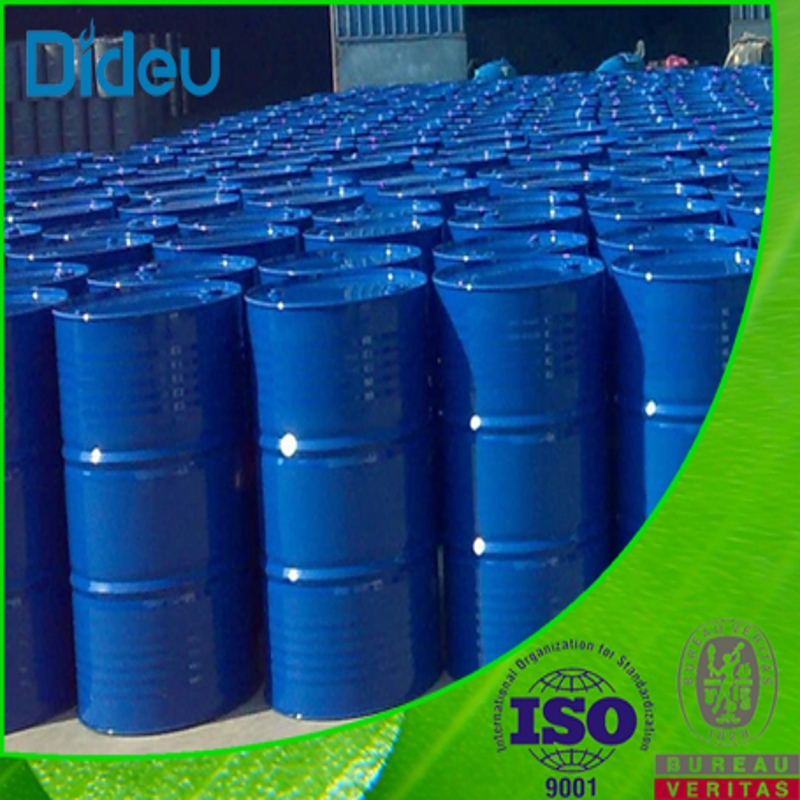-
Categories
-
Pharmaceutical Intermediates
-
Active Pharmaceutical Ingredients
-
Food Additives
- Industrial Coatings
- Agrochemicals
- Dyes and Pigments
- Surfactant
- Flavors and Fragrances
- Chemical Reagents
- Catalyst and Auxiliary
- Natural Products
- Inorganic Chemistry
-
Organic Chemistry
-
Biochemical Engineering
- Analytical Chemistry
-
Cosmetic Ingredient
- Water Treatment Chemical
-
Pharmaceutical Intermediates
Promotion
ECHEMI Mall
Wholesale
Weekly Price
Exhibition
News
-
Trade Service
Since 2010, a variety of immune checkpoint inhibitors have been approved for metastatic urothelial cancer and non-muscle invasive bladder cancer.
Specifically, in addition to other types of tumors, the PD-L1 monoclonal antibody atelizumab has been recommended for certain types of locally advanced or metastatic urothelial cancer: previous platinum-containing therapy, PD-L1 tumor infiltration Patients with immune cells ≥5% who are not suitable for platinum therapy.
The efficacy and safety of immunotherapy for adjuvant treatment of patients with muscular invasive urothelial carcinoma are unknown.
This study aims to evaluate whether atelizumab contrast observation will reduce the risk of high-risk muscular invasive urinary tract patients after radical resection.
The risk of recurrence or death.
Methods IMvigor010 is a multicenter, open-label, randomized controlled phase III study conducted in 192 centers in 24 countries.
Patients with muscular invasive urothelial carcinoma who were 18 years and older and confirmed histologically were included.
Allow ypT2–4a or ypN+ patients or pT3–4a or pN+ patients who have not received neoadjuvant chemotherapy to be included in the group after neoadjuvant chemotherapy.
Patients who did not receive postoperative radiotherapy or previous adjuvant chemotherapy were allowed to join the group.
The patients were randomly assigned 1:1 to receive 1200 mg of atilizumab (Q3W, at most 1 year) for adjuvant treatment or observation.
The primary endpoint is disease-free survival (DFS) in the ITT population.
Main results From October 5, 2015 to June 30, 2018, a total of 809 patients were enrolled.
There were 406 and 403 patients in the atilizumab group and observation group, respectively.
As of the data cutoff on November 30, 2019, the median follow-up time was 21.
9 months, and the median DFS of the atilizumab group and observation group were 19.
4 months and 16.
6 months (HR=0.
89, P=0.
24) , Figure 2A), the 18-month DFS rates of the two groups were 51% and 49%, respectively.
Subgroup analysis showed that regardless of the PD-L1 expression status, the median DFS of the two groups were comparable (Figure 3).
Exploratory analysis afterwards found that low PD-L1 expression, late tumor stage, and positive lymph nodes were important prognostic factors for the DFS results of the observation group.
The median OS of the atilizumab group and the observation group was not reached.
The 12-month OS rates of the two groups were 88% and 81%, and the 18-month OS rates were 79% and 73%, respectively.
The most common grade 3 or 4 adverse events were urinary tract infections (8% [atilizumab group] vs 5% [observation group]), pyelonephritis (3% vs 4%), and anemia (2% vs.
2%).
The incidence of serious adverse events in the atilizumab group and placebo group was divided into 31% and 18%.
Conclusion IMvigor010 is the largest and first completed phase III study on adjuvant treatment of myometrial invasive urothelial carcinoma so far, and the study did not reach the primary endpoint.
References: Bellmunt J, Hussain M, Gschwend JE, et al.
IMvigor010 Study Group.
Adjuvant atezolizumab versus observation in muscle-invasive urothelial carcinoma (IMvigor010): a multicentre, open-label, randomised, phase 3 trial.
Lancet Oncol.
2021 Mar 12: S1470-2045(21)00004-8.
doi: 10.
1016/S1470-2045(21)00004-8.
Epub ahead of print.
PMID: 33721560.







